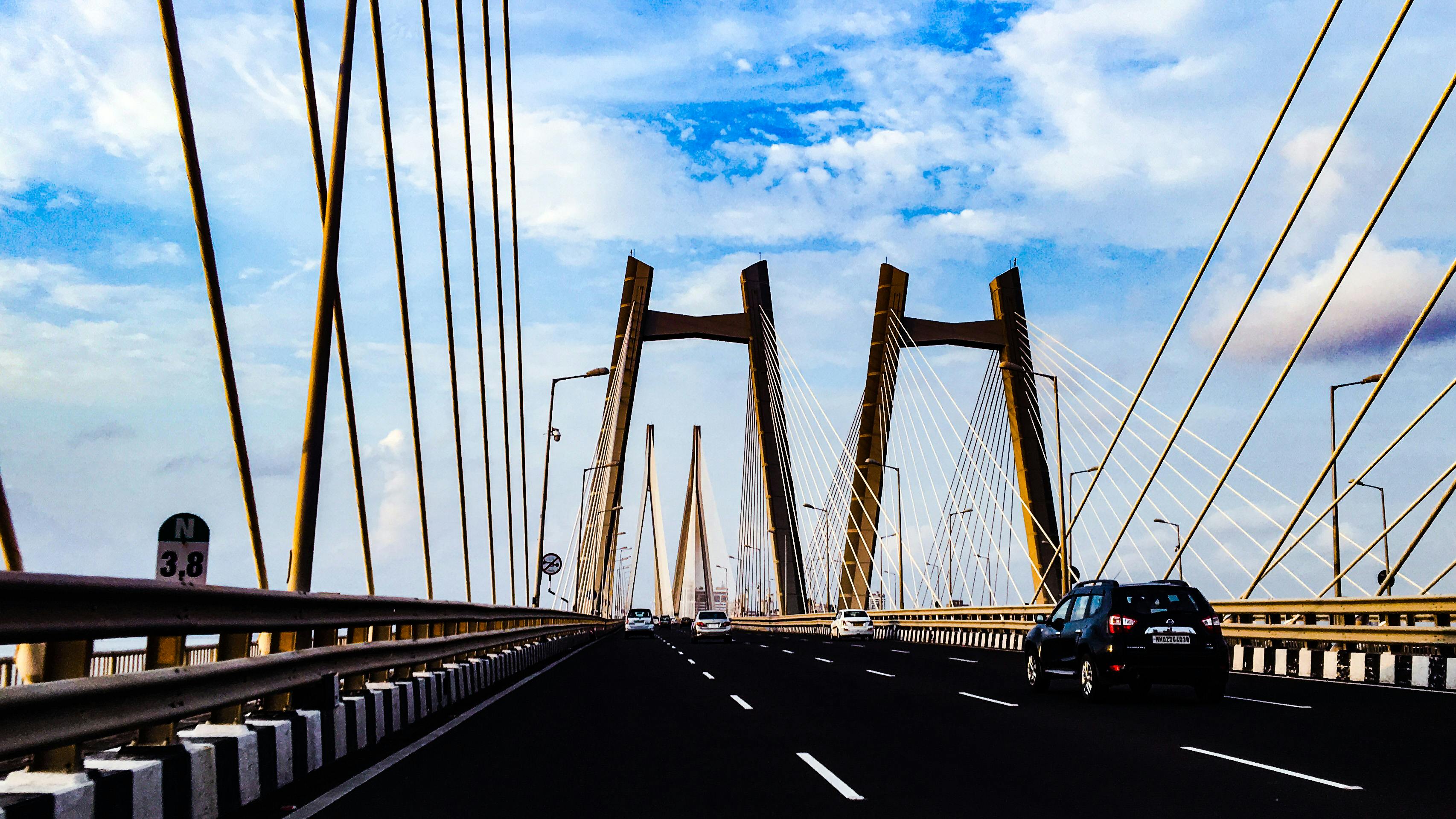
Introduction
As India evolves into a more technologically advanced country, the government is making significant strides in the improvement of road travel systems. One of the most notable initiatives is the introduction of the annual Fastag pass, set to roll out on August 15, 2025. This initiative will not only streamline toll payments for frequent travelers but will also make traveling by road more affordable and efficient. In this blog post, we will delve into the details of the Fastag system, exploring its benefits, implications, and the future of highway travel in India.
What is the Annual Fastag Pass?
The annual Fastag pass is a game-changing initiative for private vehicle owners who frequently travel on national highways. With a one-time fee of INR 3000, this pass will grant access to 200 trips on highways across India, effectively acting as a season ticket for toll use. This system is designed to not only make travel easier but also to enhance compliance with new regulations set by the government.
Key Features of the Annual Fastag Pass
- Cost-Effective: The pass covers multiple trips at a fixed price, resulting in significant savings for frequent travelers.
- Convenience: With the Fastag pass, travelers can drive without fearing unexpected toll costs, thus allowing for better travel planning.
- Exclusive to Private Vehicles: The pass is specifically for private vehicle owners, ensuring that the benefits are directed towards regular highway commuters.
Implementation Details
Start Date and Pricing
The annual Fastag pass will officially be available from August 15, 2025, at a nominal fee of INR 3000. This fee covers 200 trips, making it a financially savvy option for many private vehicle owners.
Validity and Eligibility Criteria
The Fastag pass will remain valid for 12 months or until 200 one-way trips are completed, whichever comes first. However, it’s crucial to note that this pass is designated solely for private vehicles, excluding commercial vehicles and taxis.
Advantages of the Fastag System
The Fastag system, as part of the annual pass initiative, introduces several advantages aimed at enhancing the travel experience:
- Predictable Travel Costs: With the initial cost covering multiple trips, users can budget their travel expenses more effectively.
- Seamless Toll Transactions: The digital nature of Fastag allows for immediate and smooth toll transactions, ensuring less time spent at toll plazas.
- Reduced Congestion: Fastag holders will experience less waiting time due to the automated toll collection process.
- Enhancing Long-Distance Planning: This system encourages better planning of long-distance travel, providing clarity on costs and time.
Compliance and Enforcement Measures
Fixed and Double Toll Charges
To ensure compliance with the Fastag system, strict enforcement measures have been established. Inactive, invalid, or unreadable Fastags will result in the doubling of the toll fee, which highlights the importance of maintaining an active account.
Automated Blacklisting
An automatic blacklisting system will penalize users who fail to comply with Fastag requirements. Key reasons for blacklisting include:
- Insufficient balance in the Fastag account.
- Inactive or expired Fastag tags.
- Multiple violations of toll fees by the same vehicle.
The consequences of blacklisting may include being denied entry at tolls and receiving digital immobilization alerts.
Transaction Guidelines and Fees
Grace Period After Failed Transactions
In the event of a failed toll transaction, users will enjoy a grace period of 70 minutes to recharge their account. Failing to adhere to this may lead to penalties, emphasizing the importance of maintaining account balance.
Delayed Transactions and Charges
For the first time, users can be penalized for delayed transactions if the tolls are not cleared in real time. This aims to discourage unnecessary delays and ensure smooth flow at toll plazas.
A Vision for a Cashless, Digital India
State Highway Integration
Currently, the Fastag system is active on national highways, but plans are underway to integrate this system into state highways as well. This expansion will enhance the convenience of highway travel across the country.
Government Efforts Towards Digitalization
The initiative is a part of the government’s broader vision of creating a digital India. The transition to a digital toll system will help reduce manual errors and improve efficiency in toll operations.
Benefits for Indian Travelers
- Significant time savings at toll booths.
- Access to real-time travel updates.
- The elimination of cash transactions, reducing hassle.
- Estimable expenses for regular travelers.
Overall, this innovative approach will benefit families and professionals alike by simplifying highway travel.
What You Should Do Next?
If you drive on Indian highways, it’s time to consider these steps:
- Check your Fastag status regularly to ensure it is active.
- Ensure your Fastag account has enough balance before embarking on long journeys.
- Avoid potential blacklisting by maintaining only one Fastag per vehicle.
- Consider acquiring the annual Fastag pass for long-term savings on your travel expenditures.
In conclusion, the annual Fastag pass represents a significant leap towards making road travel in India more affordable and efficient. As we move closer to a cashless digital landscape, it is imperative for travelers to stay informed and adapt to these new changes effectively.
